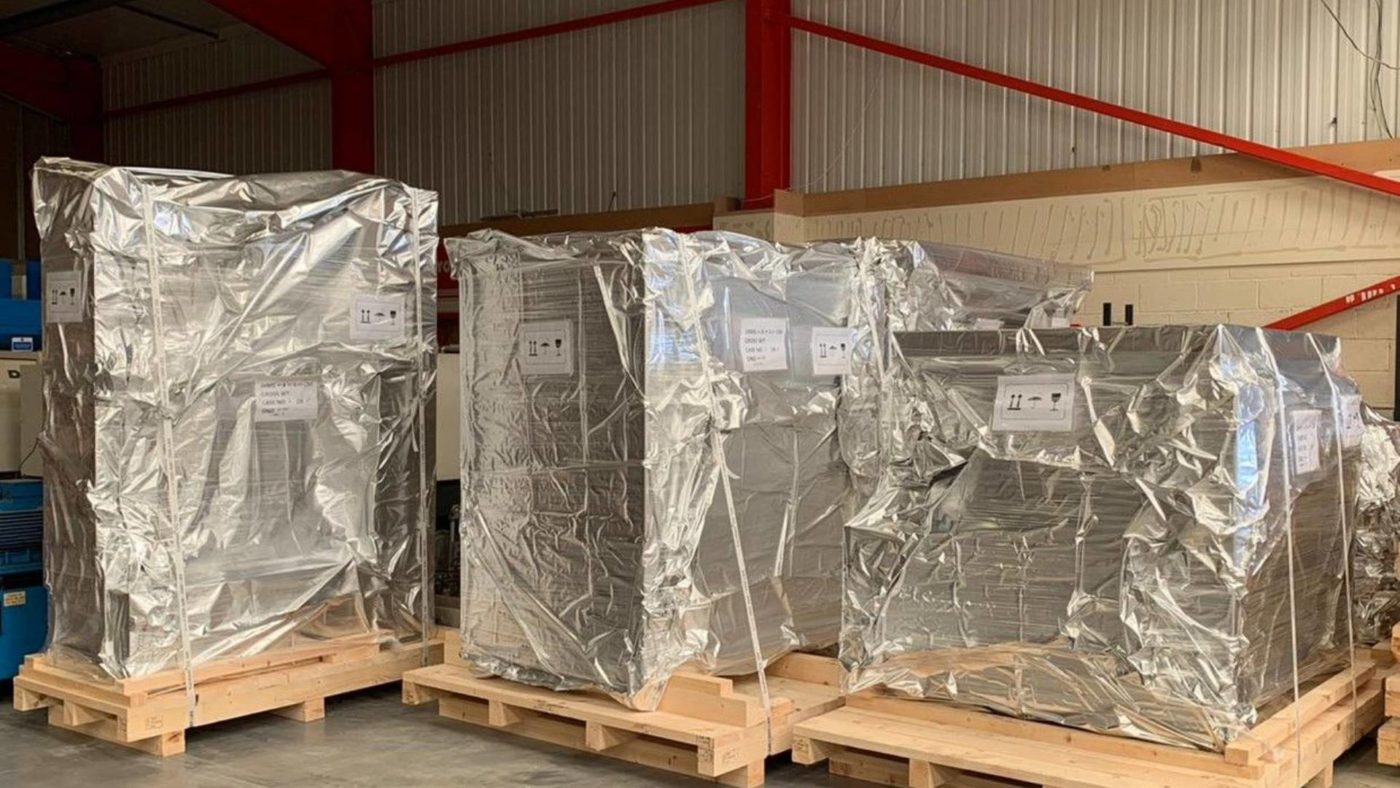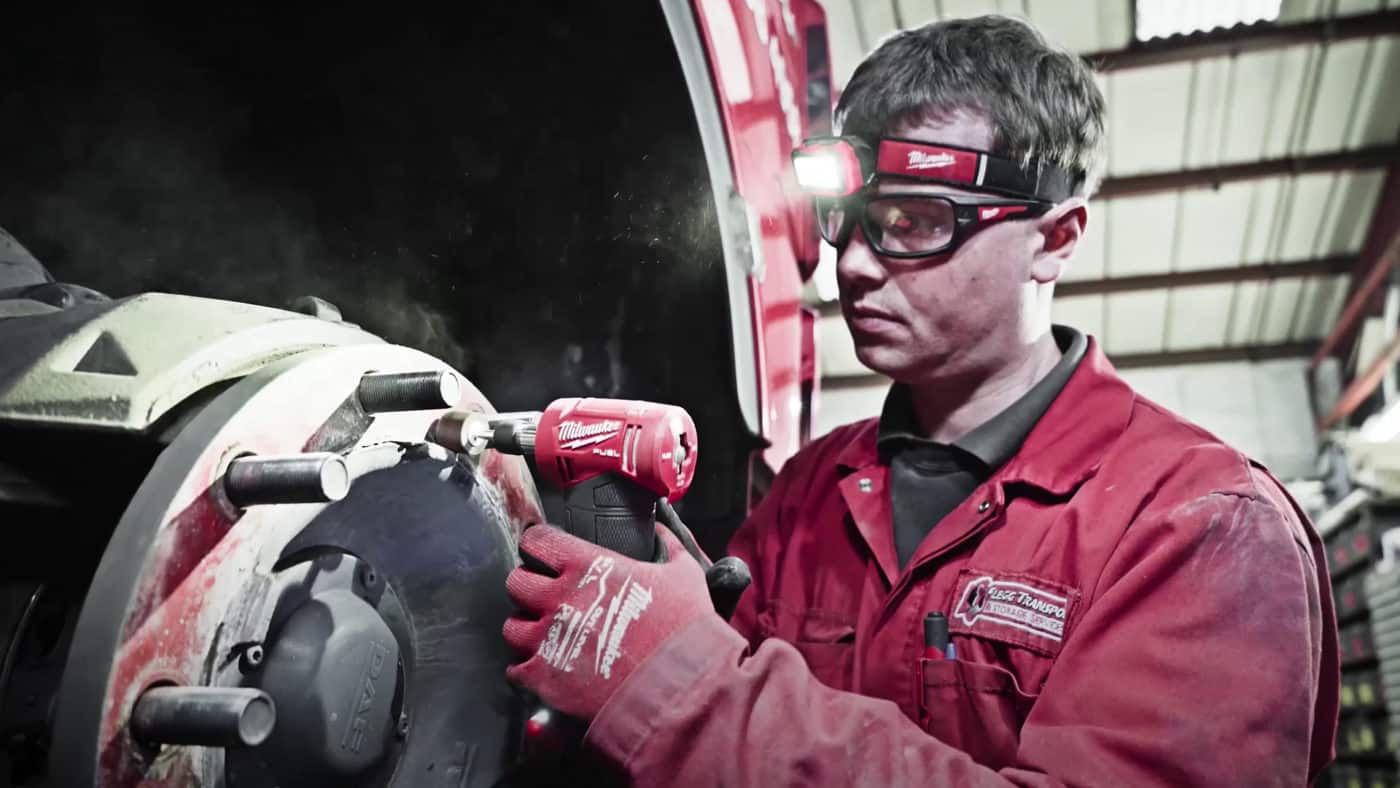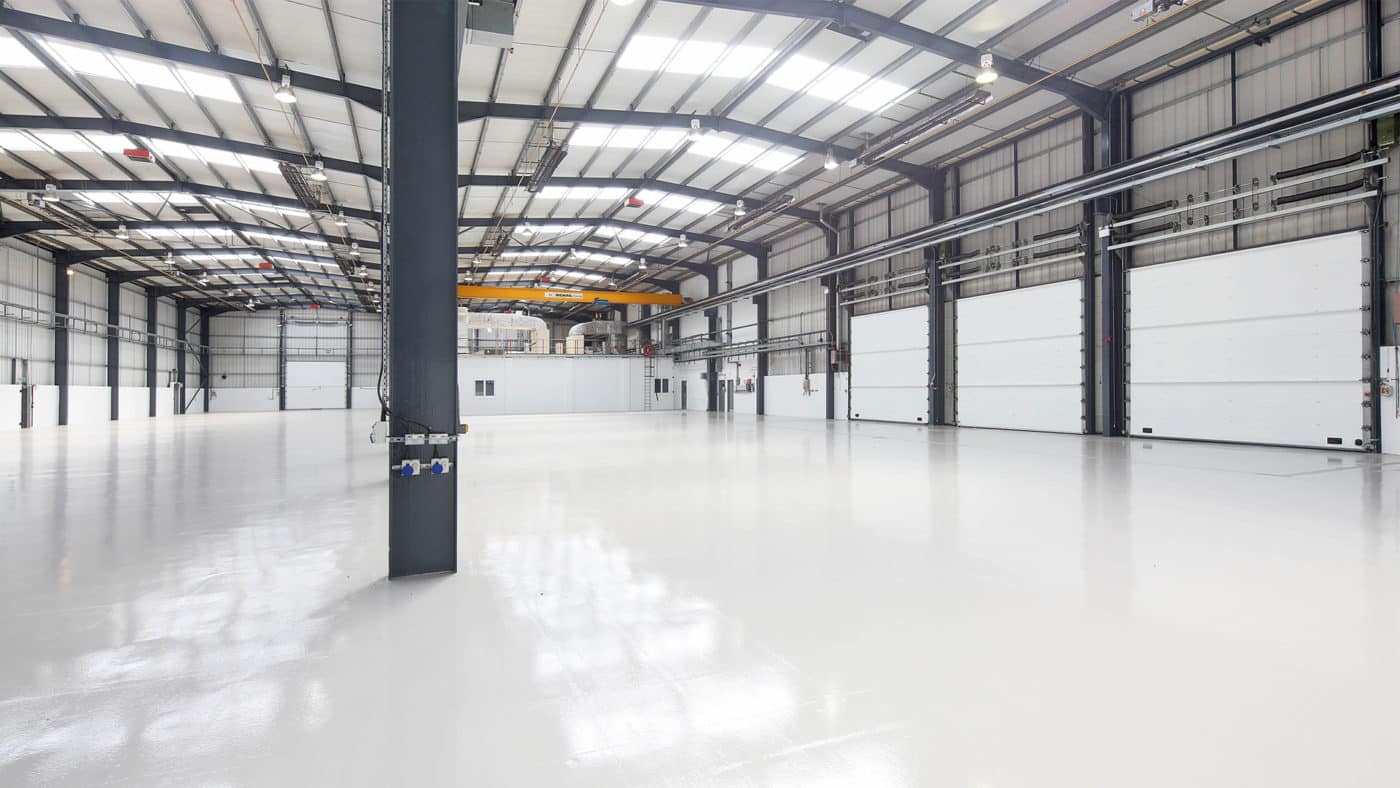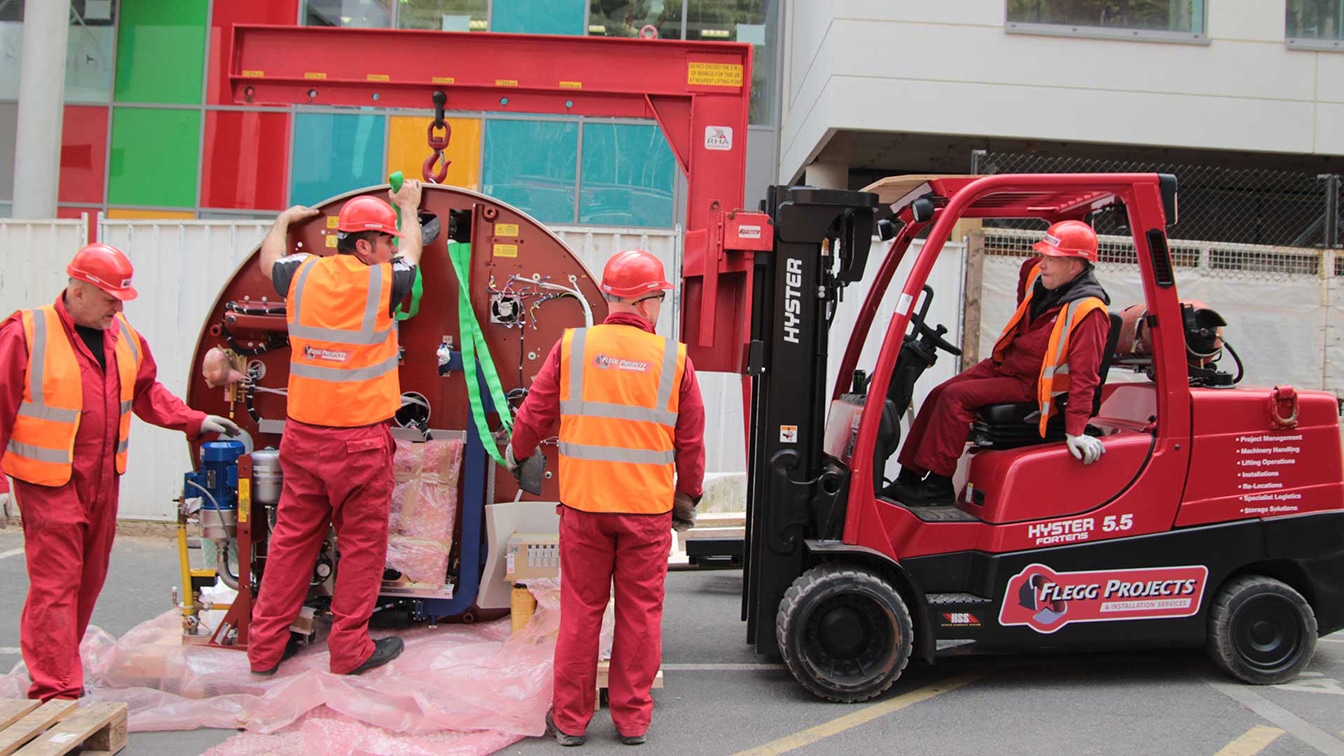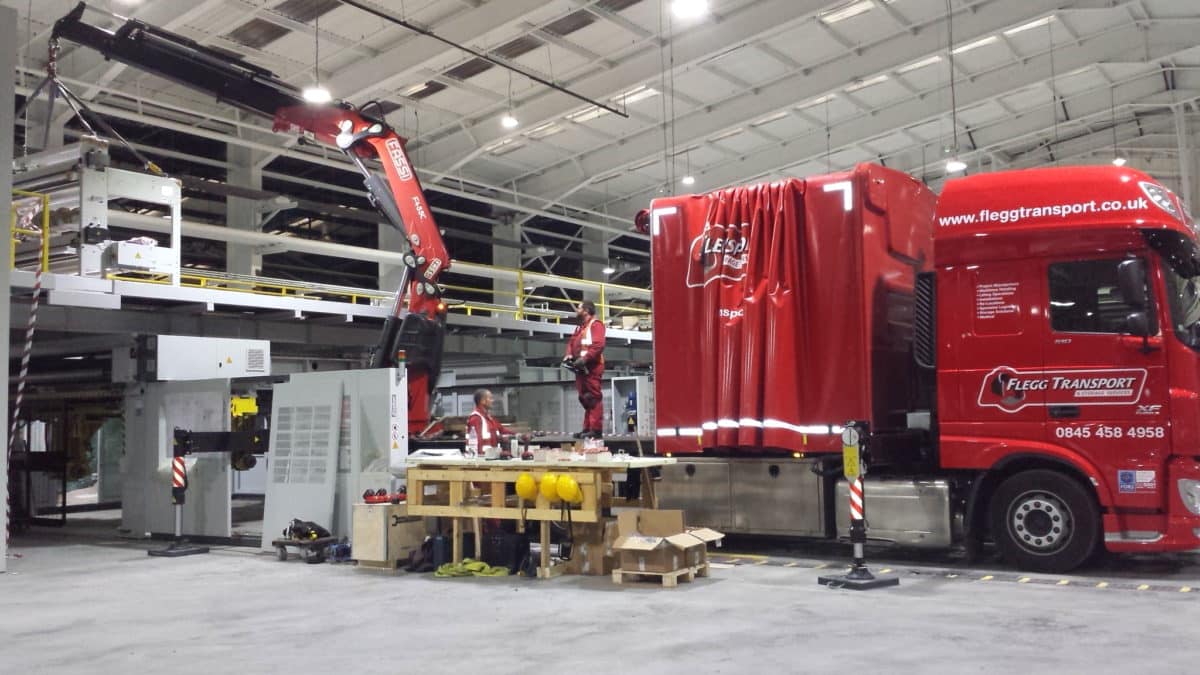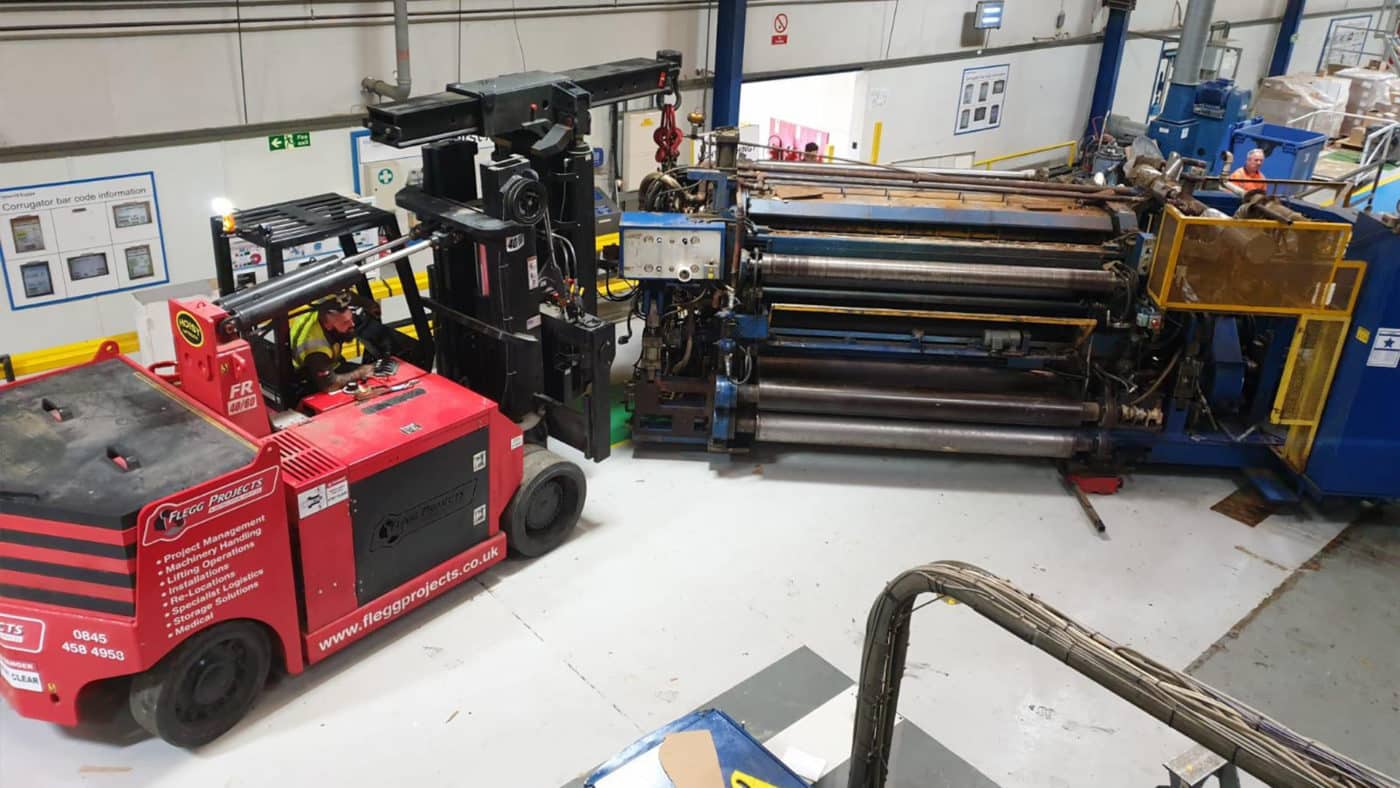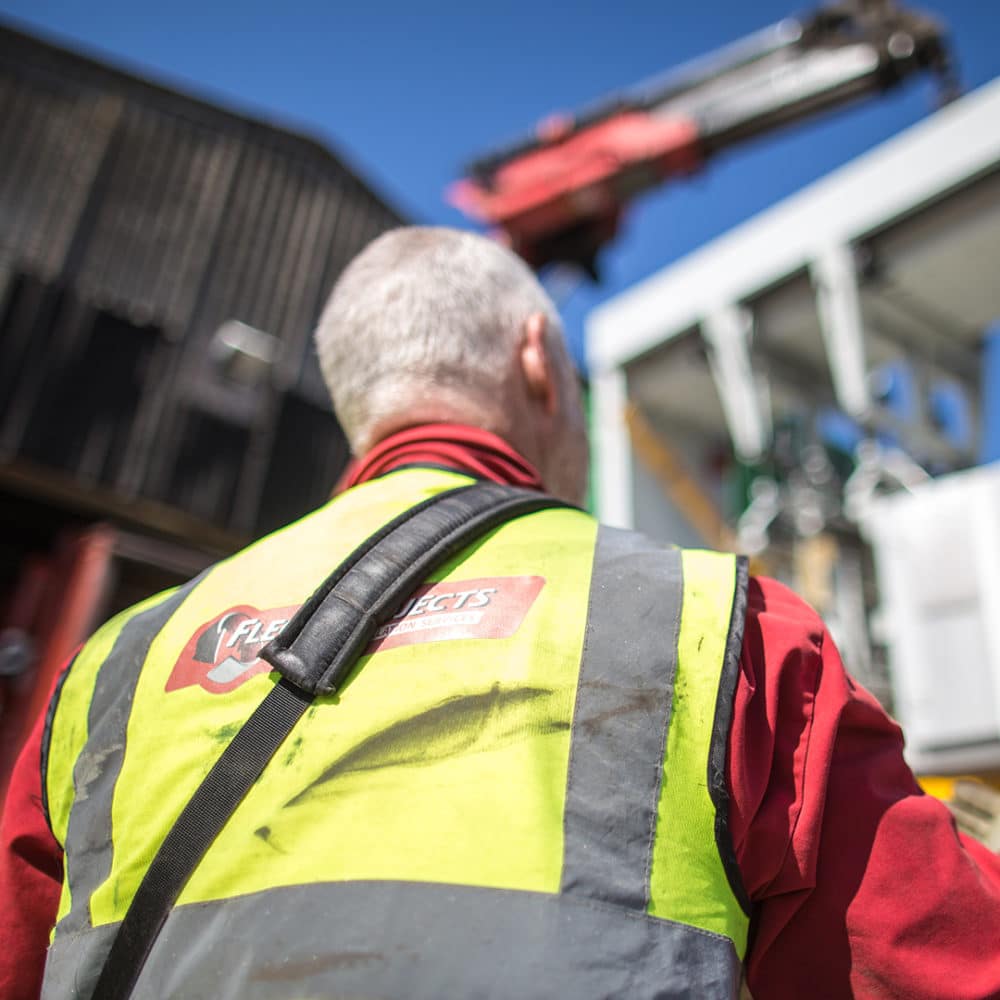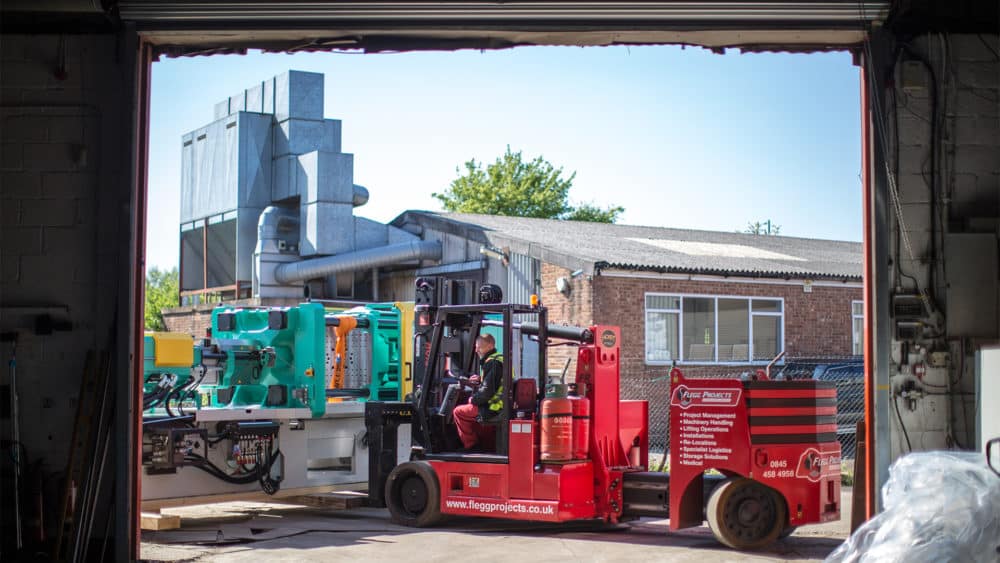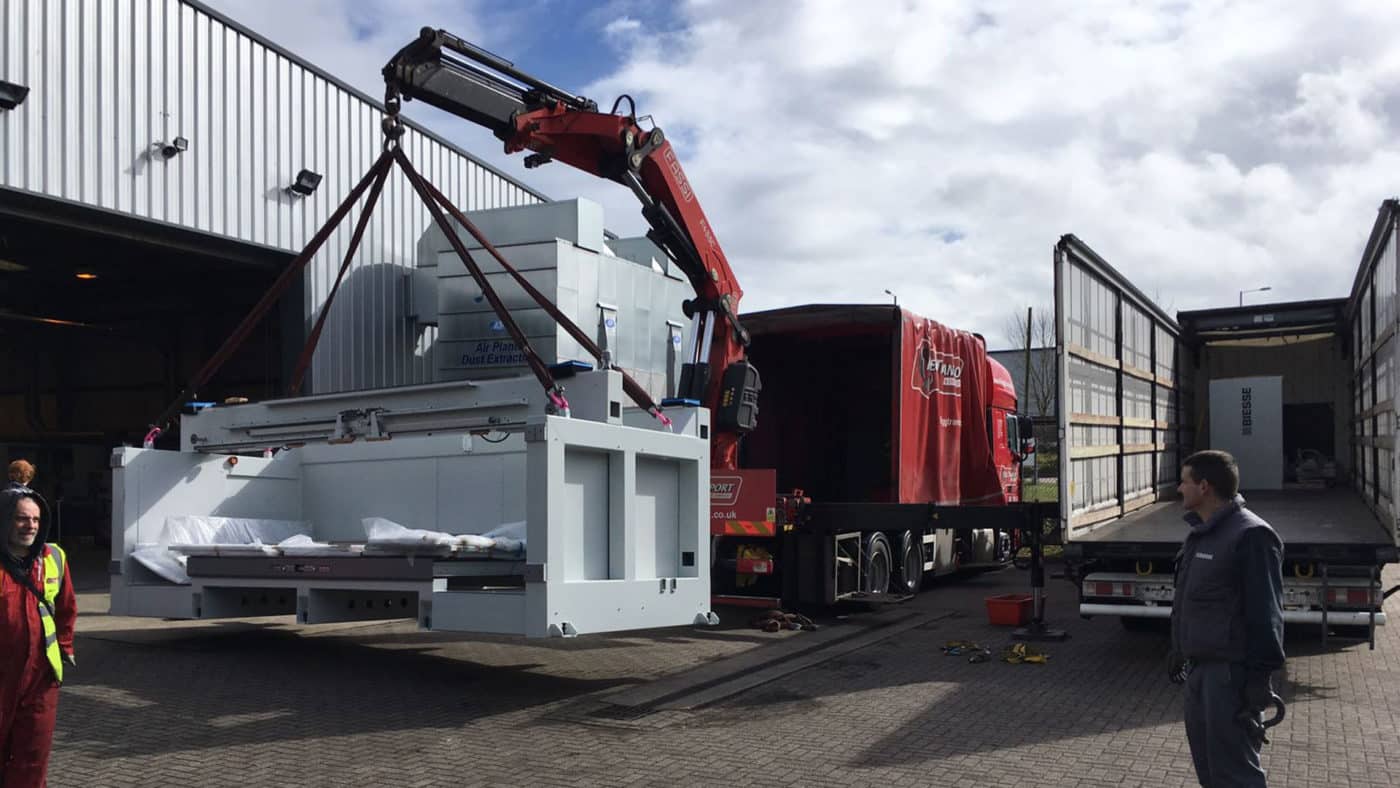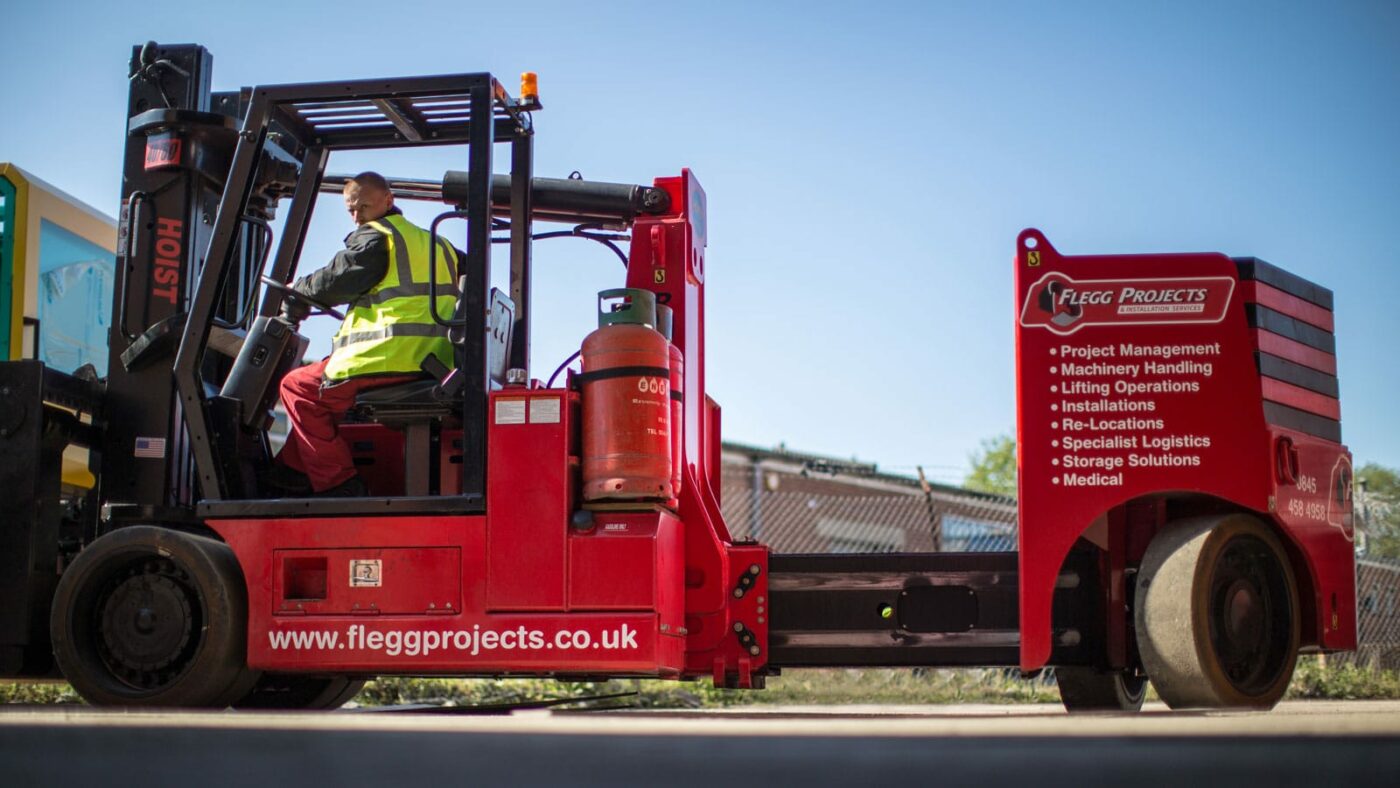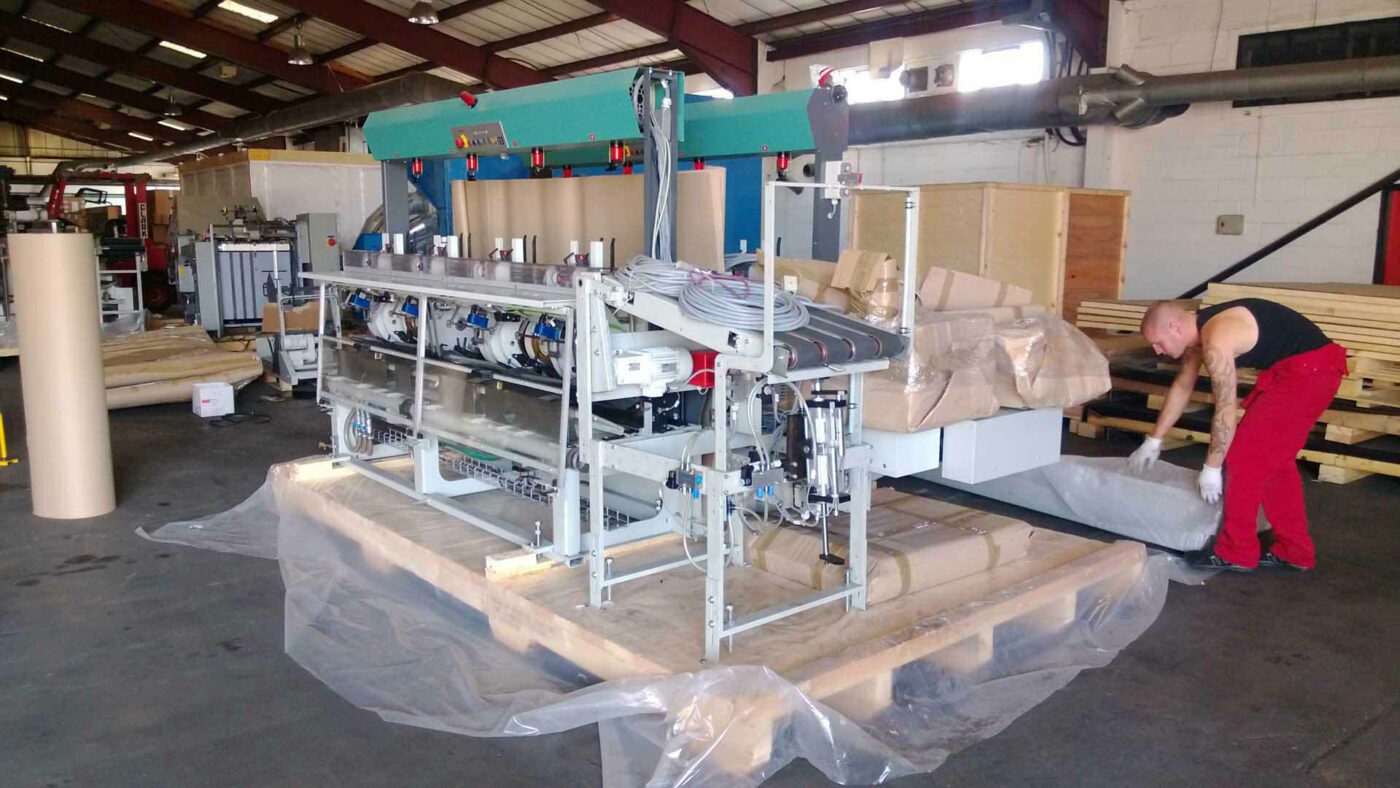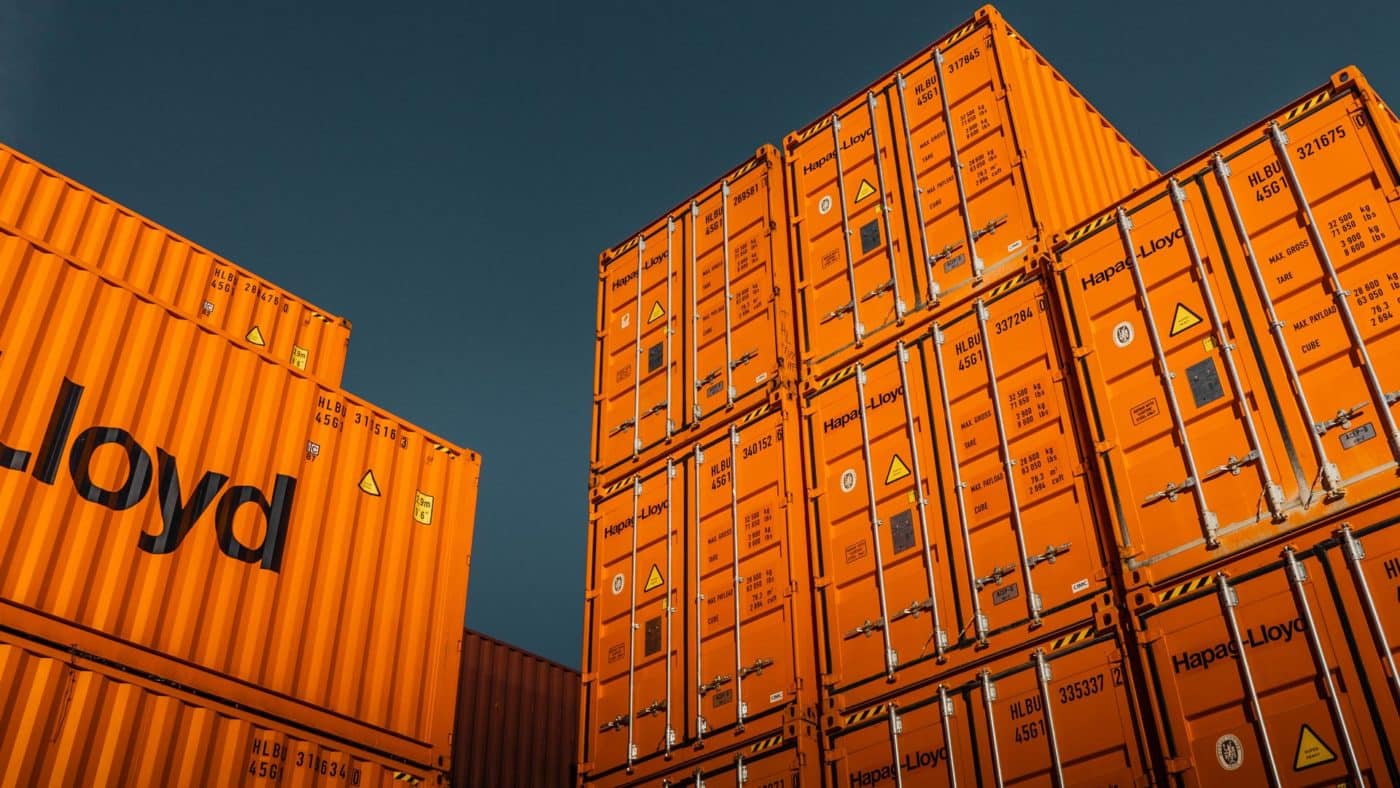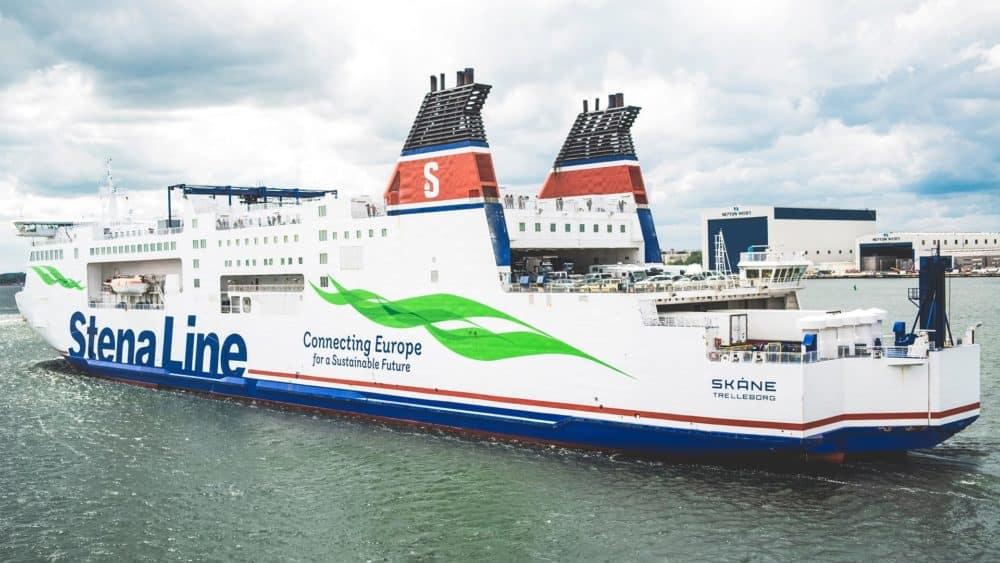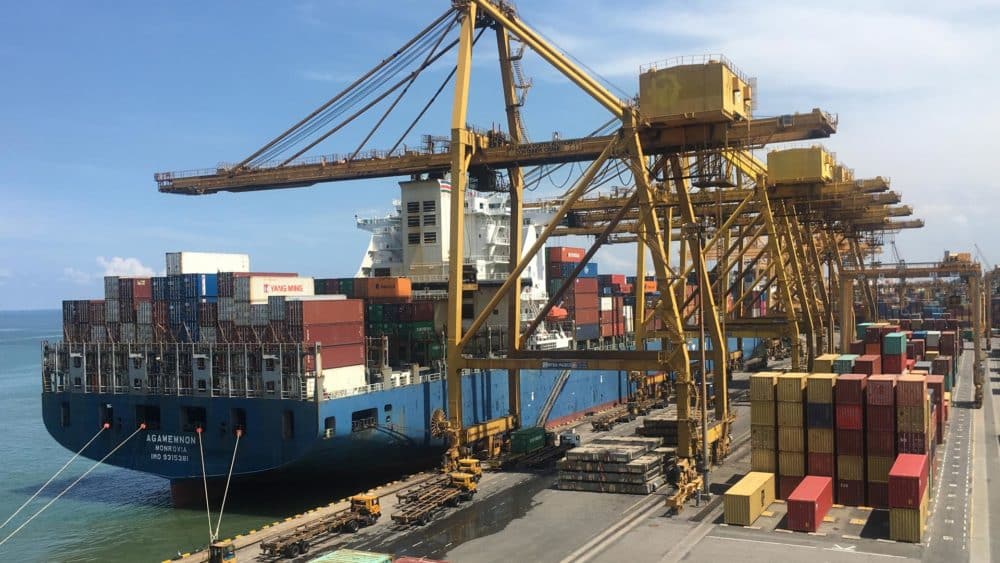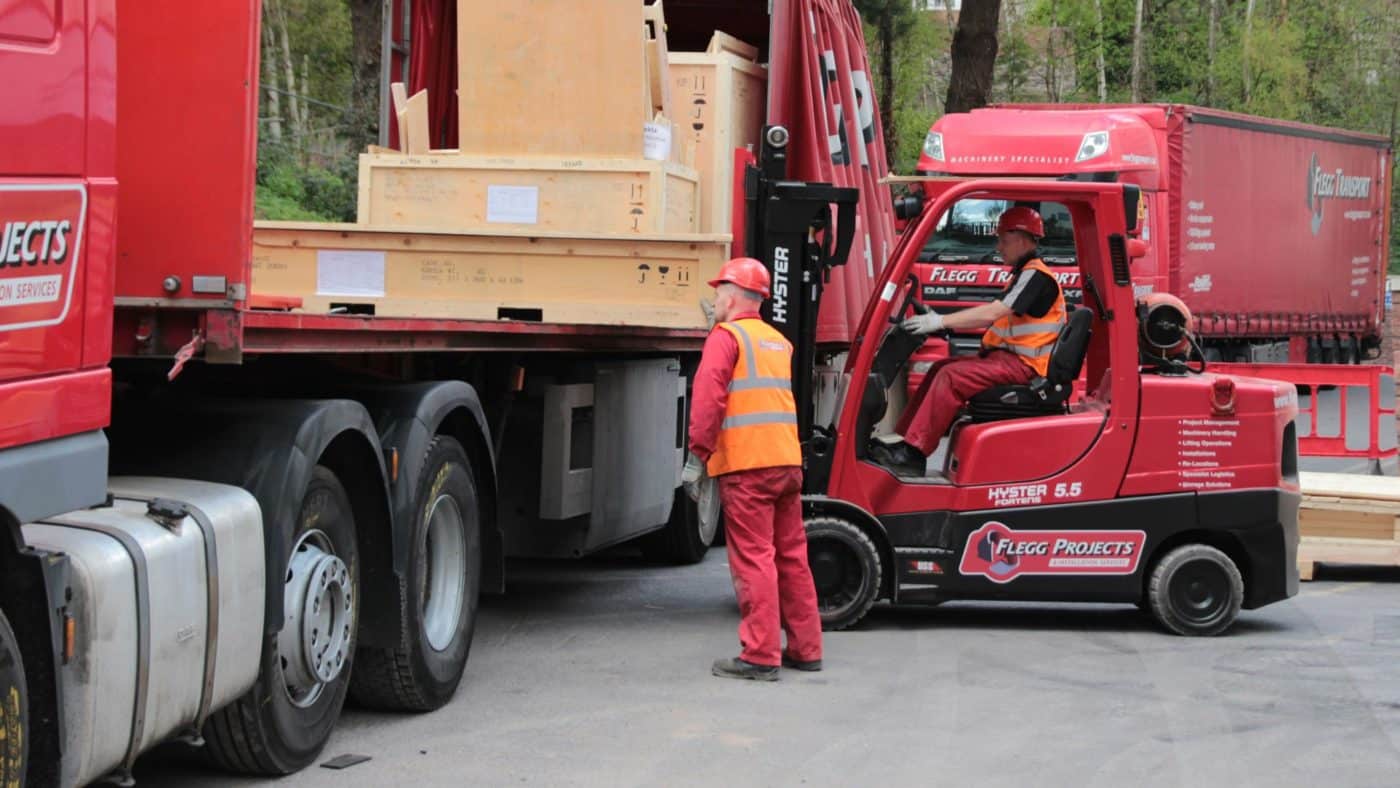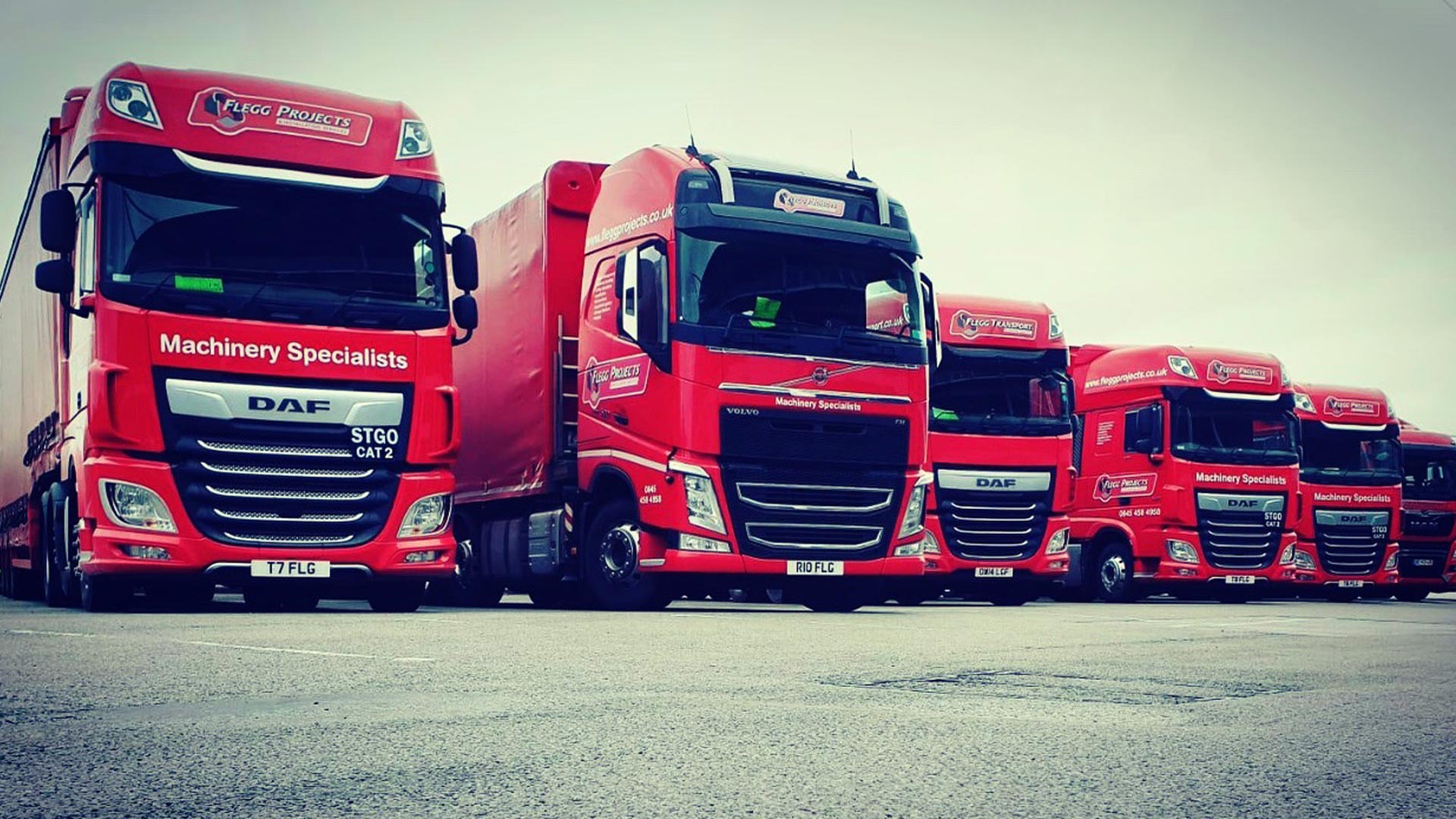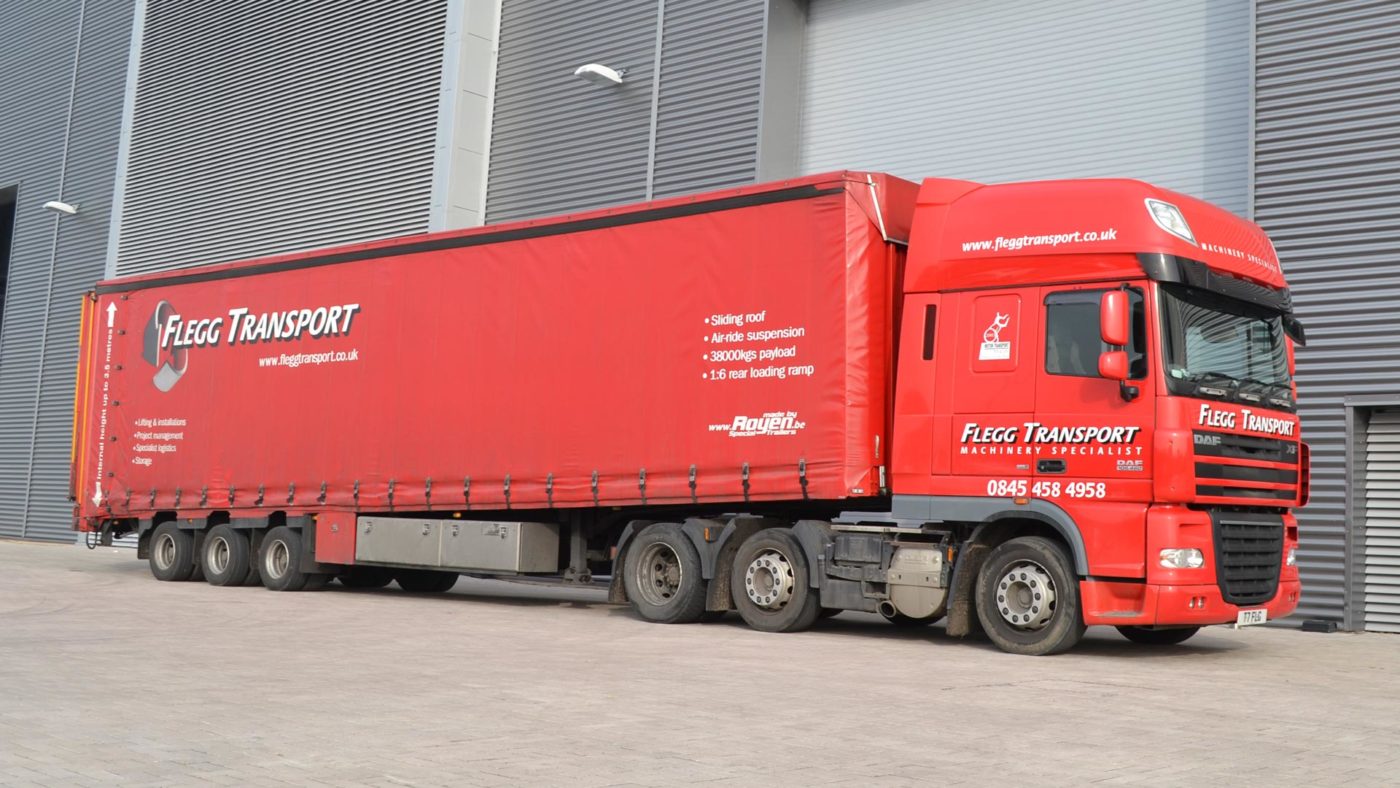What is it?
Effective export packaging enables your valuable freight to arrive at the destination intact and undamaged. Export packaging is also often referred to as transport packaging. Transport or export packaging is the outermost layer of packaging and is designed to protect your goods during transit.
Who will use it?
It is predominantly used by organisations that are shipping high value, sensitive or delicate machinery or expensive goods that must be kept in perfect condition whilst in transit.
Why it is crucial to get it right
There are many factors to consider when thinking about getting your valuable freight to its destination. Goods going to the wrong place or getting lost or damaged in transit can lead to costly replacements and delays.
An export packer must assess the freight, transport method and routes to ensure that correct materials are selected and design suitable packages. Weight and physical sizes of the freight are a particular consideration – to ensure the packages can go on standard type vehicles or shipping containers.
What are the different types of export standard packing?
- Boxes:
Probably the most common type of packing. These will be usually either wooden or cardboard and take the form of solid sides/lid - Crates:
Similar to boxes but the sides and lid are made up of slatted sections – allowing you to see the equipment/goods inside. This is useful if your freight needs to be inspected whilst in transit. - Pallets:
Are a flat transport structure that helps support goods and keep them stable as they are being lifted by forklifts or cranes. - Skids:
Are a cost-effective alternative to pallets which are often used on larger pieces of freight. The basic design consists of long timber/steel planks which run the length of the item being shipped. These are held together with heavy duty screws/bolts and normally attached directly to the bottom of the item being shipped. - Desiccant:
Is used for long journeys for freight which is susceptible to damage from moisture. These take the form of bags filled with material (typically silica gel) that will absorb the moisture and reduced the risk of condensation and metals going rusty. - Foil packaging:
Also used to prevent the risk of corrosion during shipping. These can be provided as a bespoke solution for many types of freight. Equipment foil-wrapped, with desiccant added before the final seal. Air is extracted, lowering the ambient moisture, and reducing the size of the bulk. - Drums:
Can be made from a range of materials including stainless steel and polythene. Drums are used commonly for transporting liquids and powders.
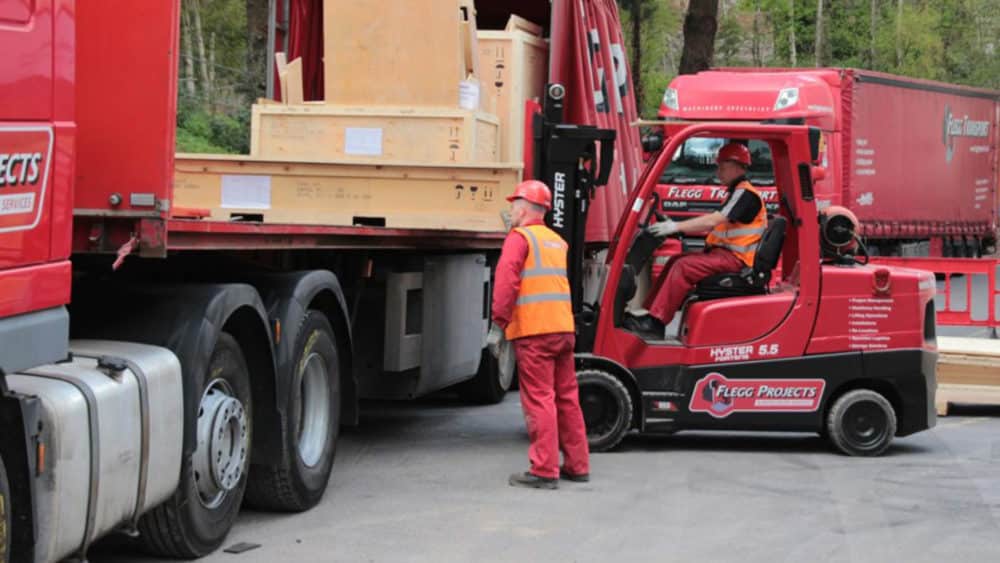
What needs to be kept in mind when using timber for export standard packing?
If you are considering the use of wood/timber materials, then you need to be aware of the ISPM15 regulations. The aim of this directive is to minimise the spread of disease and insects that can affect plans and ecosystems. This is achieved by requiring the timber to be debarked and then heat treated or fumigated with methyl bromide. Treated materials will be stamped or branded, with a mark of compliance. This mark of compliance is commonly known as the “wheat stamp”.
How and when do Flegg Projects use export packing?
We have successfully utilised export packing for many previous projects with machinery being moved to worldwide locations including Malaysia, Indonesia, USA, Mexico and Australia. Everything from small pumps and ancillary parts to single oversized pieces weighing over 25-tons. We also use export packing materials in the UK for clients looking to store equipment long term and locations in Europe – to ensure that the freight stands the best chance of arriving in the expected condition.
If you are planning to move your valuable assets to a new location, we would strongly recommend you consider how you pack your items for transit.
Here at Flegg, our expert team has a wealth of hands-on experience with packing and moving heavy machinery and medical equipment.
Find out more by calling 0845 458 4958 or emailing info@fleggprojects.co.uk. Alternatively, you can reach us on our contact page and we will get back to you soon.

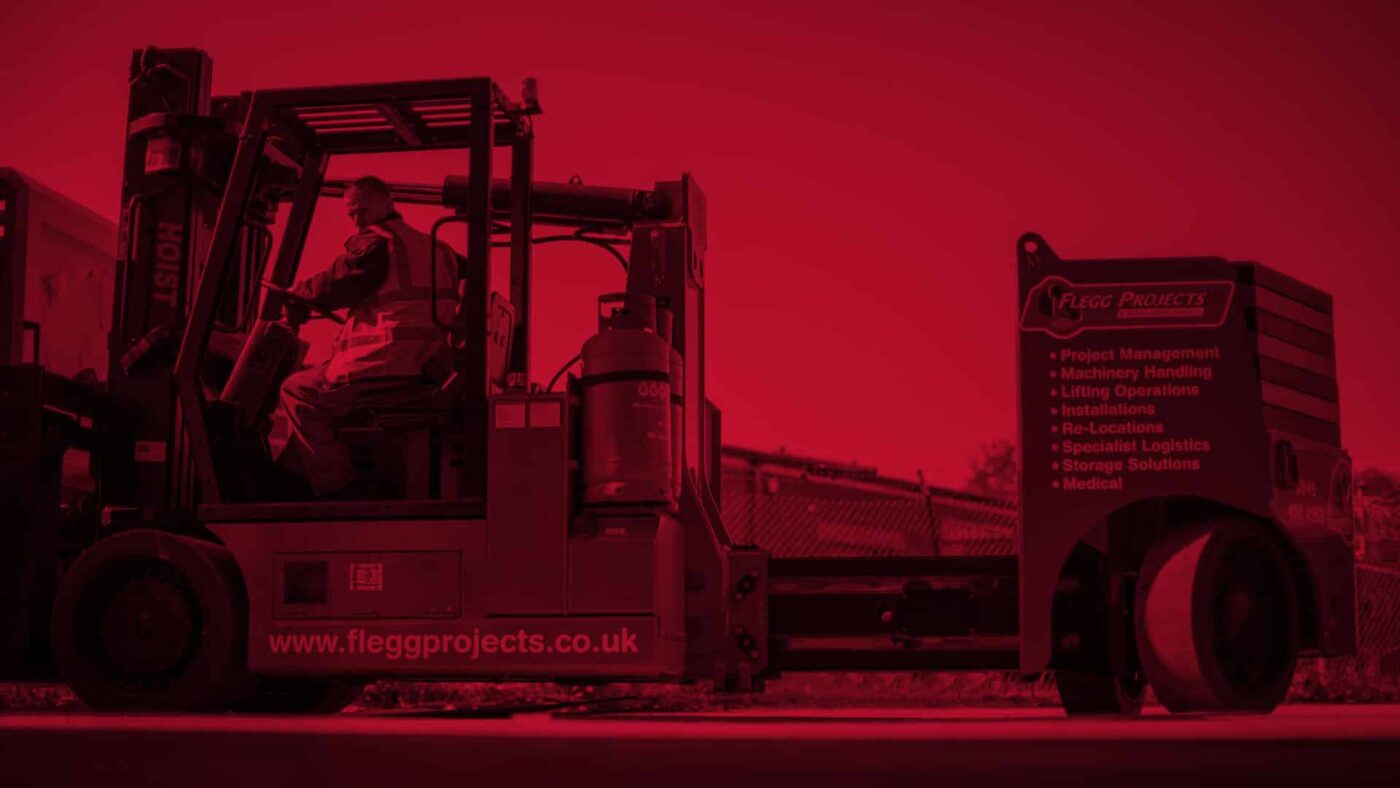 The expertise you expect
The expertise you expect